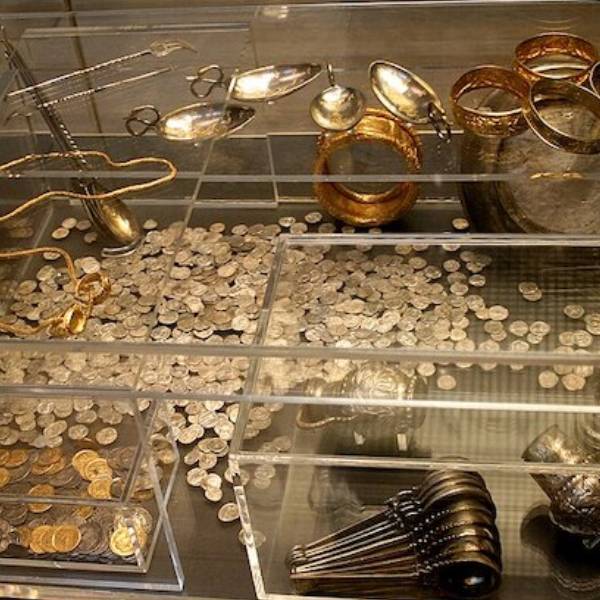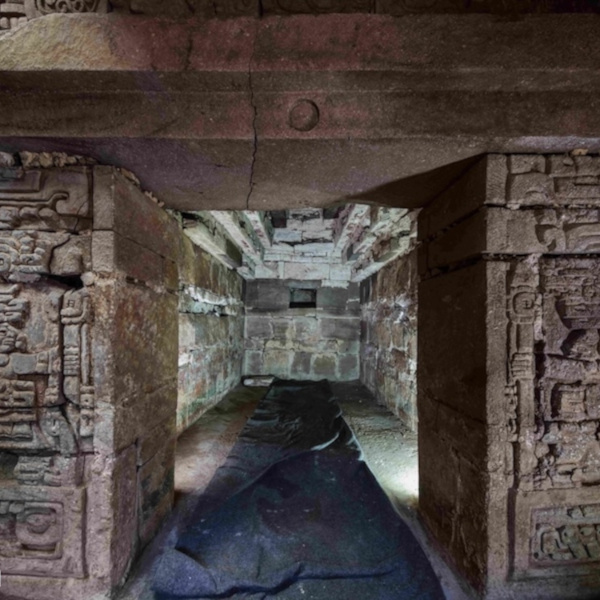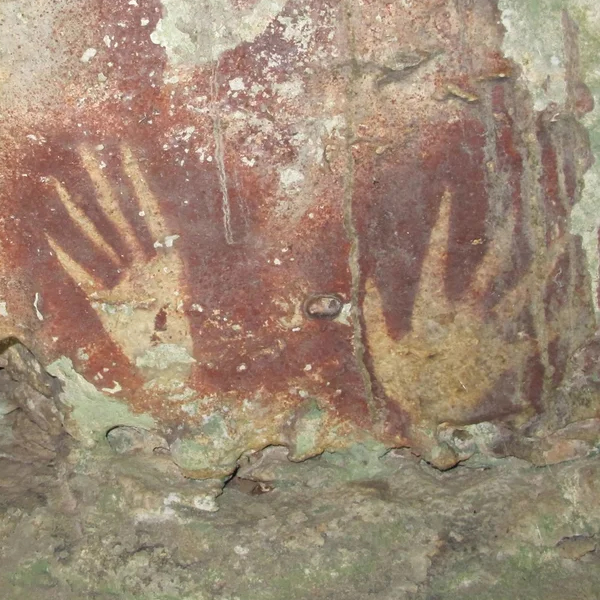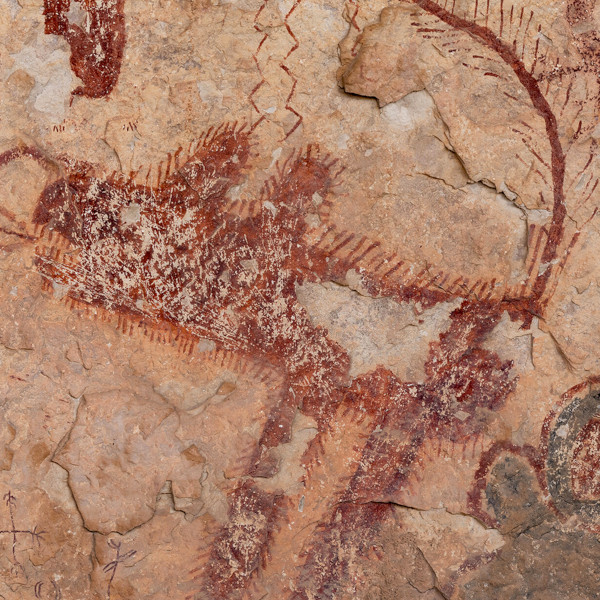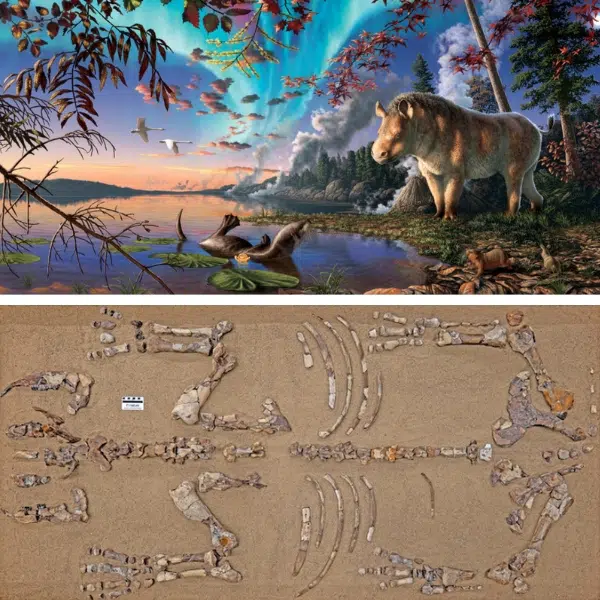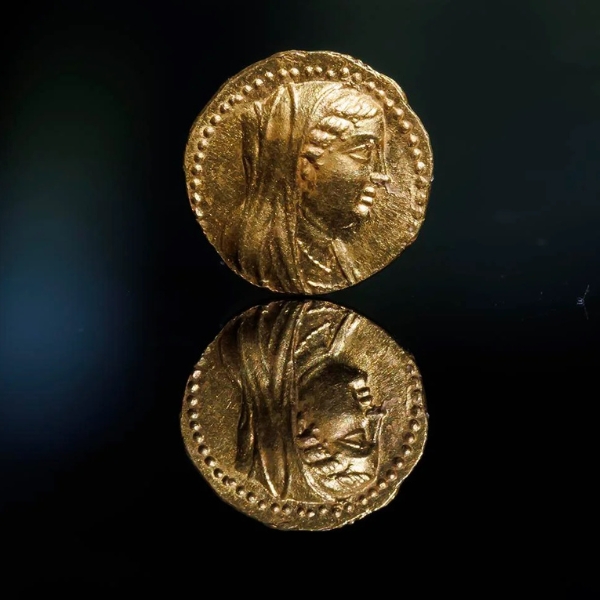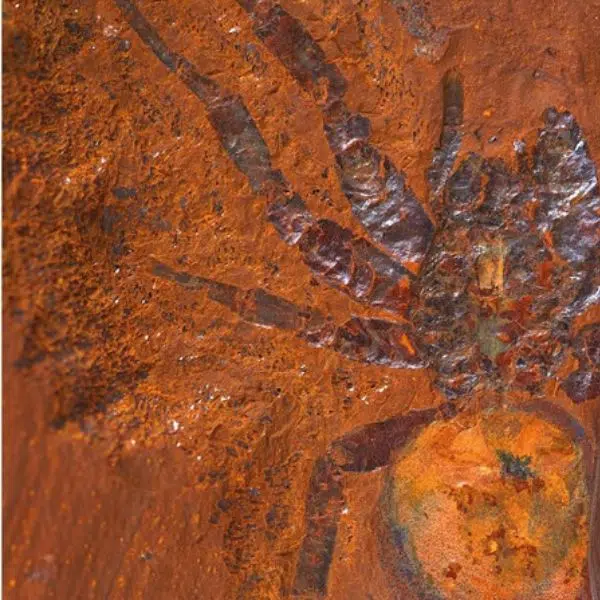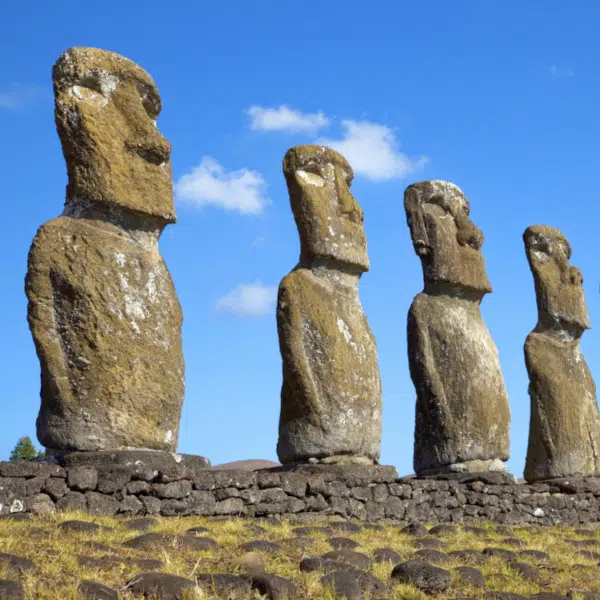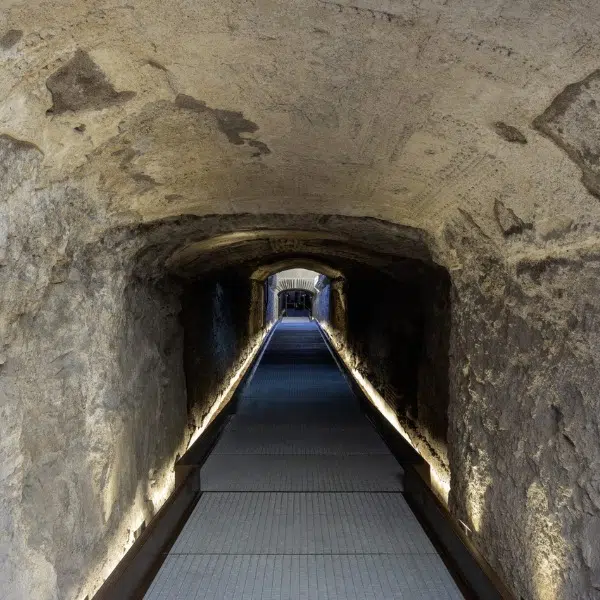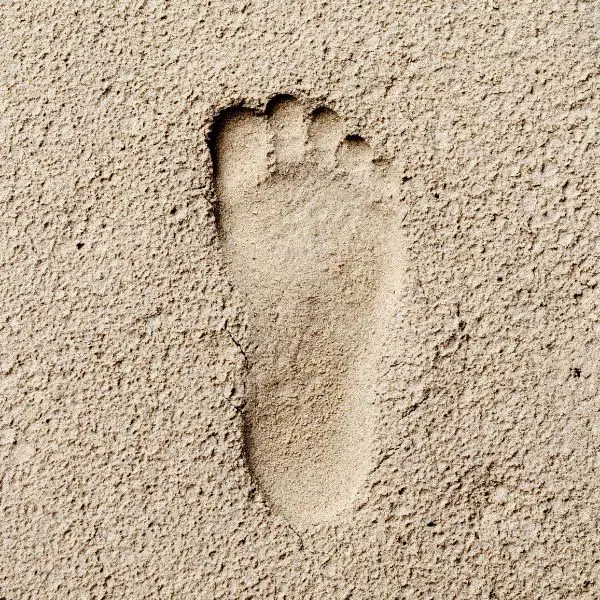MONSTER DISCOVERY: Naturalist David Attenborough is seen standing beside the over six-foot-long skull of a pliosaur, which was recently unearthed on England's Jurassic Coast. https://t.co/zR7x4Hs0rL pic.twitter.com/vzgyzUTpBh
— ABC News (@ABC) December 14, 2023
It's hard to imagine what life was like when dinosaurs roamed the earth, but every once in a while a new discovery helps us paint a picture of these ancient creatures. One of the most recent exciting finds happened along the Jurassic Coast in southern England—a popular site for fossil discoveries due to the erosion and weather. An enormous skull belonging to a giant sea monster was recovered from the cliffs and pieced together, revealing a previously unknown species of pliosaur.
While velociraptors and tyrannosaurus rexes were known as fearsome predators on land, pliosaurs were deadly underwater creatures. Some species are known to have been 39 feet in length, and the new skull that was found measures over 6 feet alone, prompting speculation about how big the rest of the body might be for this particular beast.
“It's one of the best fossils I've worked on. What makes it unique is it's complete,” says paleontologist Steve Etches, founder of The Etches Collection in the UK. “The lower jaw and the upper skull are meshed together, as they would be in life. Worldwide, there's hardly any specimens ever found to that level of detail. And if they are, a lot of the bits are missing, whereas this, although it's slightly distorted—it's got every bone present.”
There are 130 teeth still attached to the jaw, with the ones in the back covered in ridges to help it chomp down on its prey. BBC compares the pliosaur's bite force of 33,000 newtons to the tyrannosaurus rex's mighty 45,000 and the present-day crocodile's bite force of 16,000 newtons. While not quite as strong as its land-bound neighbor, the pliosaur was certainly a force to be reckoned with, especially compared to predators today. Dr. Andre Rowe from Bristol University adds: “The animal would have been so massive that I think it would have been able to prey effectively on anything that was unfortunate enough to be in its space.”
There are other features aside from its sharp fangs that make the pliosaur so adept at hunting. The snout possesses numerous tiny pits that are believed to be where glands would have been, an attribute that would have helped the dinosaur detect changes in water pressure. There is also a hole on the head for a third eye—a trait shared by many present-day reptiles.
At the moment, just the skull has been recovered from the rocky cliffs, but experts believe that the rest of the fossil could be in the same location at the Jurassic Coast. With increasing erosion, the team hopes to find signs of other bones over the next few years.
The incredible fossil will be showcased in the BBC documentary Attenborough and the Giant Sea Monster, which debuts on New Year's Day. People can see the pliosaur skull in person at The Etches Collection from January 2, 2024.
A 150-million-year-old fossil of a pliosaur skull was recovered from the Jurassic Coast in the UK.
We have been keeping a, not so little secret! Have you seen our BIG news?
https://t.co/RcKTbDkWqw pic.twitter.com/JdxE6PTFVL— The Etches Collection (@TEC_Kimmeridge) December 11, 2023
It measures over 6 feet long, and is one of the most intact fossils of its type ever discovered.
A privilege to spend time with Steve Etches @TEC_Kimmeridge. The Dorset fossil collector has just bagged an extraordinary discovery – the complete skull of a Jurassic pliosaur. Coverage across the day on @BBCNews and an #Attenborough special at New Year. https://t.co/nt2nKFlxXD pic.twitter.com/GnFBxEonDl
— Jonathan Amos (@BBCAmos) December 10, 2023
Watch this video to learn more about pliosaurs:
The Etches Collection: Website | Twitter | Instagram | YouTube
h/t: [NPR, IFL Science]
Related Articles:
New Dinosaur Fossil Has Shockingly Long Legs That Connect it to Ancient Bird Ancestors
66-Million-Year-Old Fully Articulated Dinosaur Embryo is Discovered Inside of a Fossilized Egg
99-Million-Year-Old Baby Bird Feathers Study Sheds Light on Dinosaur Extinction











































































